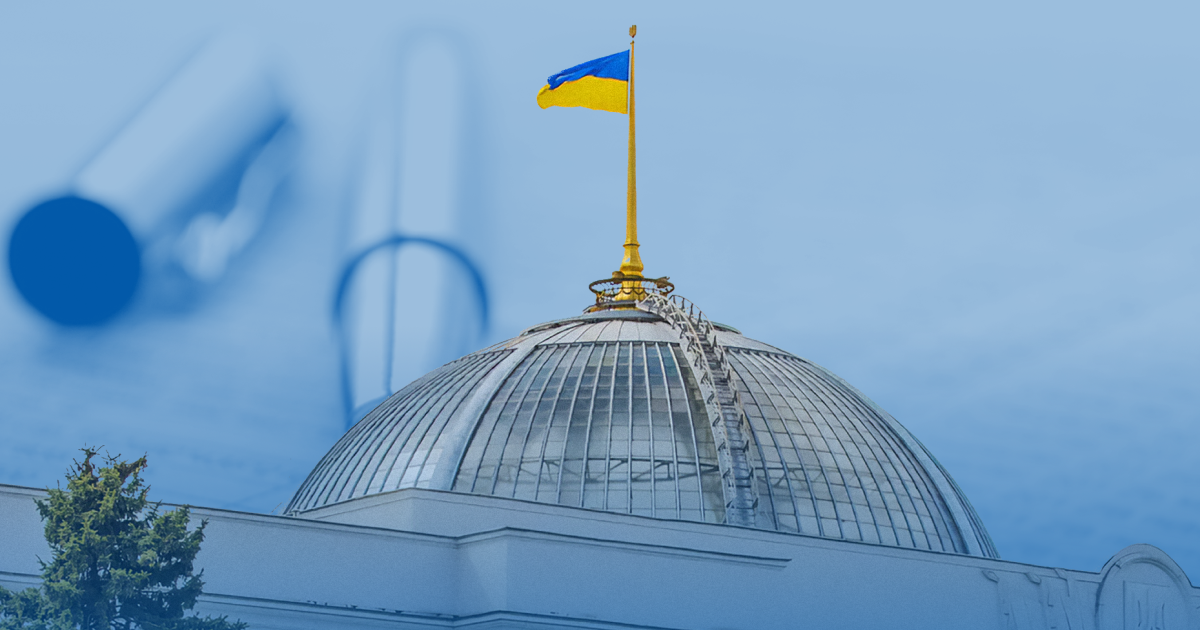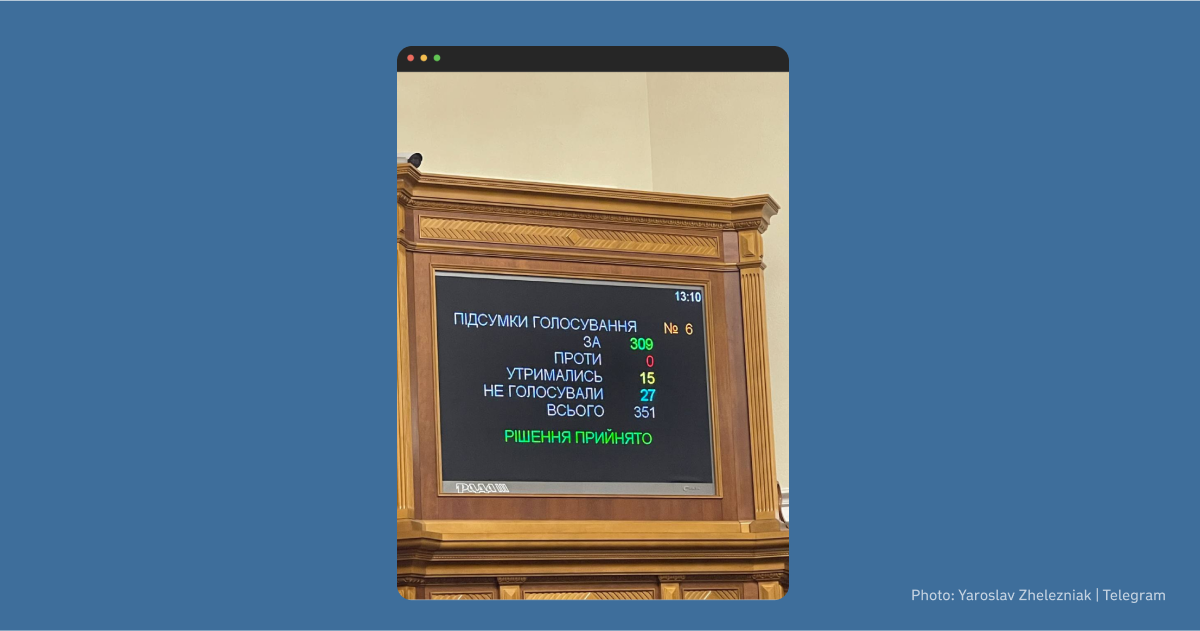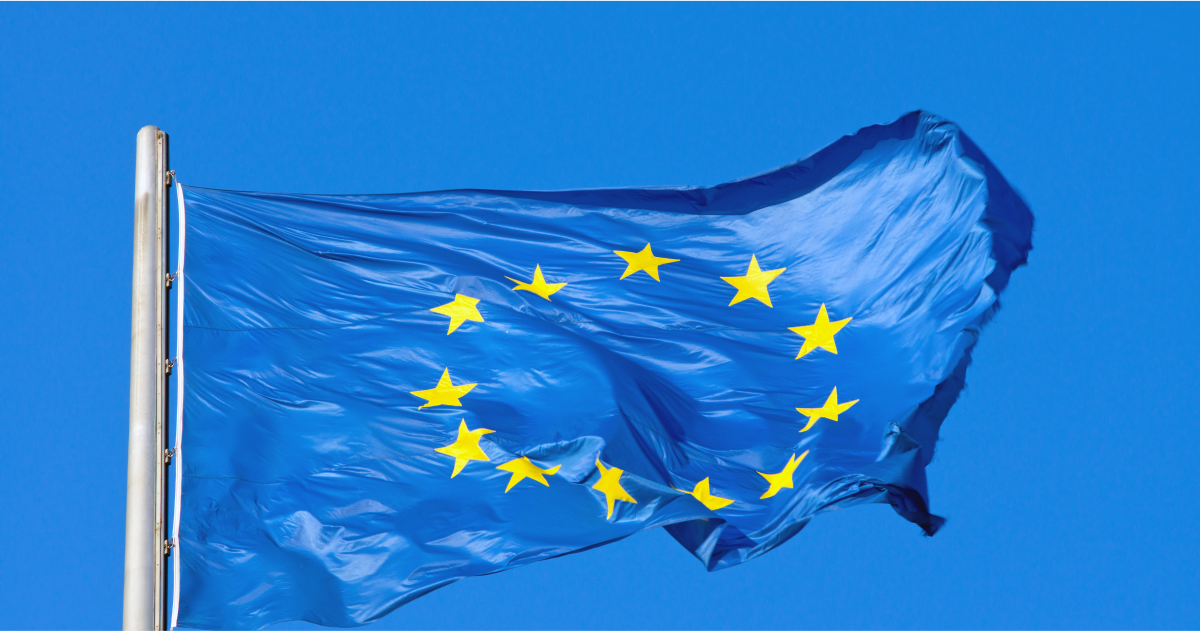Parliament passes the draft law on lobbying in the first reading. The public has questions. Why?

What has happened?
The Verkhovna Rada of Ukraine passed Law No. 10337 On Fair Lobbying in the first reading.
People's Deputy Yaroslav Zhelezniak reports.
Among other things, the draft law defines:
- terms in the field, methods of influence and rules of ethical behaviour of lobbying entities;
- creation of the Transparency Register, which the National Agency will administer for Corruption Prevention (NACP);
- open and free access to the Transparency Register;
- reporting of lobbying entities to the Transparency Register.
The draft law was voted in favour by 309 people's deputies, with 15 abstentions. There were no votes cast against.
What does the draft law cover?
The adoption of the law is part of Ukraine's anti-corruption strategy.
The law should regulate lobbying in Ukraine by following international standards, ensuring interaction between government officials, stakeholders, and lobbying entities, and ensuring transparent control of lobbyists and officials.
According to the explanatory note, the law will reduce the risk of corruption in the development and adoption of regulations, enhance communication between citizens, government and business, and allow for the interests of all parties to be taken into account when adopting rules.

Among other things, the law does not apply to Ukraine's foreign policy representation, people's initiatives at national and local referendums, the activities of political parties, or candidates for higher office.
The draft law separates lobbying from advocacy. This was previously emphasised by Olha Stefanishyna, Deputy Prime Minister for European Integration of Ukraine.
"Obviously, it [the law] should be aimed primarily at reducing the influence of oligarchs on public administration and the economy rather than at limiting the ability of the public sector to promote socially significant changes. The draft law clearly defines advocacy and not lobbying,"
the Deputy Prime Minister stressed.
Oleksandr Novikov, head of the National Agency for the Corruption Prevention, explained in a commentary to Ukrinform that "lobbying is carried out in the private interests of certain customers, while advocacy is in the public interest."
Why is the public demanding that the law be revised?
The Anti-Corruption Action Centre believes that the new draft law does not address the issue of unfair influence on politics.
"However, the fact that this draft law is being considered opens up the possibility of introducing amendments that will restrict the work of NGOs," says Vitalii Shabunin, Chairman of the AntAC Board.
At the same time, the AntAC emphasises that the draft law does not contain provisions that will bring out of the shadows those oligarchs who finance the authorities.
"[The draft law] does not reduce the risks of lobbyists' influence on the employees of the Presidential Office, advisers and freelance advisers of the Presidential Office. The latter today have more influence in the state than ministers or other high-ranking officials, but are not limited by any reports to the public," the Anti-Corruption Action Centre said in a statement.

Among the recommendations of the AntAC are the expansion of the code of ethics for officials, public coverage of their meetings, and transparency of the activities and funding of their full-time and part-time advisers.
Yuliia Kyrychenko, a board member of the Centre of Policy and Legal Reform and co-chair of the Board of the Reanimation Package of Reforms Coalition, commented on the problems in the draft law.
According to Kyrychenko, the definition of lobbying in the draft law does not disclose the link between commercial interest and lobbying.
"It is necessary to create favourable conditions for further registration of lobbyists and minimise possible loopholes for shadow lobbying," adds Olha Piskunova, an expert at the Centre of Policy and Legal Reform.
People's Deputy of Ukraine Yaroslav Zhelezniak noted that he did not vote for the draft law in the first reading but would join the amendments for the second reading.

"...to regulate the political influence of various representatives and advisers of the Presidential Office. The [requirement] was in the European Commission's report on the start of negotiations. Although there is no such law in the EU,"
Zhelezniak added.
How the adoption of the draft law became a requirement of the European Union
In its November 8, 2023 report, the European Commission noted that Ukraine should adopt a law on lobbying in line with European standards as part of its "anti-oligarchic plan".
"The anti-corruption strategy and the state anti-corruption programme require the development and approval of a lobbying regulation by April 2024," the document says.
The head of the EU Delegation to Ukraine, Katarína Mathernová, said that adopting the draft law was one of the European Commission's additional steps to recognise Ukraine's readiness to start negotiations with the EU.

This does not apply to the implementation of the EU acquis in Ukraine, as EU law does not have standard formalised rules in this area.
"The EU was an association of six developed countries, and others later joined it. Therefore, we have fundamental issues not regulated by the EU's common law, but they are still important for EU membership," Mathernová commented.
At a press conference following the European Commission's recommendation on 8 November 2023 to start negotiations on Ukraine's accession to the EU, Mathernová said that the EU would assess the content of the draft law in a balanced manner.
"We definitely don't want to destroy civil society," the EU Ambassador to Ukraine replied to a question from Yevropeiska Pravda journalists.
On December 14, 2023, the European Council began negotiations on Ukraine's membership in the EU. Read more on this in Svidomi's explainer.


